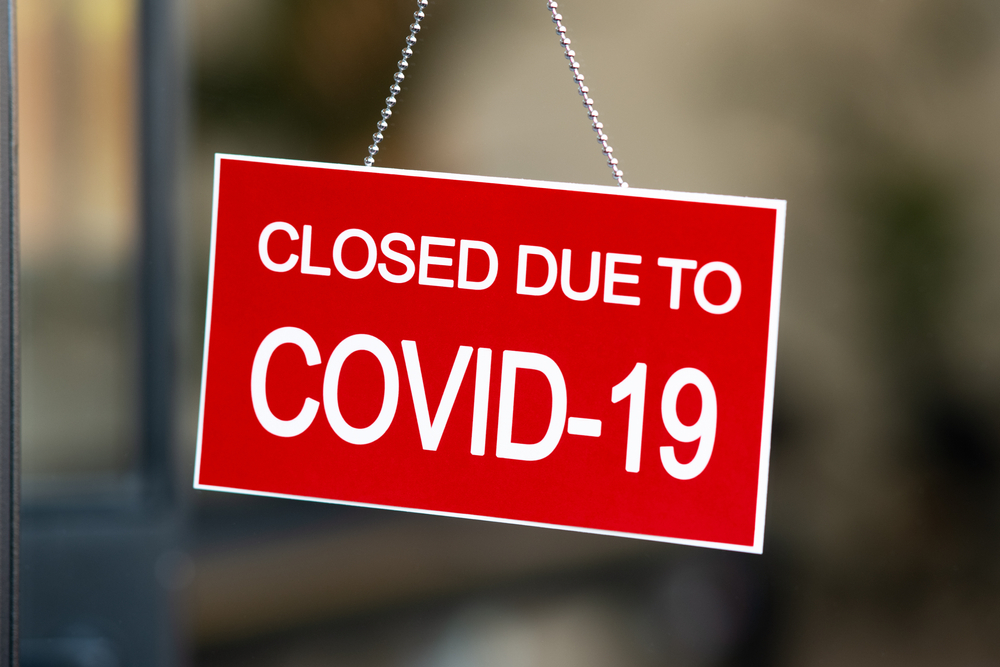On March 19, the FCA wrote to insurance firms making clear their expectations in relation to the widespread impact of Covid-19 on policyholders.
They outlined an expectation that insurance firms should ‘consider very carefully the needs of their customers and show flexibility in their treatment of them’. Insurers were asked to ‘clearly communicate any policy exclusions that may impact the cover and use of individual policies.’
This was followed by a Dear CEO Letter to all Chief executives of insurance firms outlining expectations of firms with regard to the settlement of BI claims and the need to assess and settle claims quickly.
The FCA later announced in May that it would be taking action in the public interest with the aim of obtaining legal guidance more quickly and at lower cost to policyholders than would be the case if they took their own actions.
Key BI policies and wordings were requested from insurance firms – more than 500 policy wordings were received.
The FCA also invited policyholders of BI insurance who were in dispute with their insurers over the terms of their policies to send their arguments.
In particular, the FCA requested that policyholders should focus on:
- ‘arguments as to why BI cover should be available in cases where it was considered insurers had not responded appropriately to a claim’
- ‘the wording of the policy that has not responded’
- ‘brief relevant facts of the case’
More than 1,200 submissions were received from policyholders and brokers.
High Court Action – FCA Test Case
On June 10, the FCA began proceedings in the High Court and published the court documents.
The following is taken from the Particulars of Claims:
“The Claim concerns the issue of whether business interruption losses arising from the COVID-19 pandemic (“COVID-19 business interruption claims”) are covered by certain insurance extensions or other coverage clauses that do not require damage to the insured’s property”.
“This is a test case by the FCA seeking a determination of a number of the key points of construction and principle that appear to be in dispute between policyholders and insurers”.
“The FCA, adopting the policyholders’ position for the purposes of testing these points, contends that, subject to proof of loss and individual policy points such as sub-limits, all relevant Wordings (as defined and explained in paragraph 11 below) written by the 8 insurer Defendants do respond to the events of COVID-19 and the Governmental action in responding to the disease in the first half of 2020”.
The trail concluded on July 31.
High Court Ruling
On September 15, the High Court passed judgement ruling largely in favour of the arguments presented for insured businesses.
A link to that announcement can be found here.
The Court ruled that the majority of claimants who were forced to close due to the Covid-19 pandemic and had suffered non-damage BI losses are entitled to be compensated by their insurers.
The FCA has advised insurers that each policy now needs to be considered against the detailed judgment to work out what it means for that policy and that insurers should write to policyholders within seven days to explain their next steps.
Due to the depth and complexity of the findings, we are directing readers to review the following summary provided by Herbert Smith Freehills who represented the FCA/prospective policy holders.
A link to that summary can be found here: https://hsfnotes.com/insurance/2020/09/15/judgment-handed-down-in-fcas-covid-19-business-interruption-insurance-test-case/
While the judgement has provided some clarity to policyholders, much will rely on the strength of their individual policy wording.
Furthermore, it is likely that the case could be appealed. It is widely understood that the parties may explore the possibility and appropriateness of a ‘leapfrog’ appeal directly to the Supreme Court rather than having to go through the Court of Appeal.
It is also important to reinforce that from the outset the FCA was quick to highlight to policyholders that this action ‘will not prevent them from pursuing issues through negotiated settlement, arbitration, court proceedings as a private party, or taking eligible complaints to the Financial Ombudsman Service’.
Further information can be found here.
Broadway Insurance Brokers
Covid-19 has highlighted the importance of anticipating and understanding the insurance implications of new world risks and working practices, evolving market dynamics, and technological change.
It has presented a clear shift in local and global industry and market conditions has acted as a reminder of the importance to consider all forms of commercial risk, no matter how extreme or unlikely.
The need for businesses to review their risk management and insurance strategies has never been greater.
As a specialist advisor to independently owned and entrepreneurial limited companies, we recognise the need for balanced risk mitigation controls in line with the particular risk appetite of a company, where a degree of flexibility is maintained to ensure entrepreneurial spirit is not inhibited.
For prospective clients, Broadway is offering a confidential review of a business’s existing risk management, business continuity and insurance arrangements. This is something we do for clients at least once a year to ensure internal risk mitigation controls and risk transfer arrangements are able to keep pace in today’s more complex and rapidly evolving local and global marketplace.
Many of our clients are entrepreneurial, where competitive advantage is gained at times of significant change and disruption. As a result, our experts are experienced in delivering recommendations which take account of the particular challenges, growth priorities and industry dynamics relevant to each corporate client.
We Want To Help
If you would like to discuss any of the insight or information given in this article, please do not hesitate to contact a member of our team at info@broadwayinsurance.co.uk.

